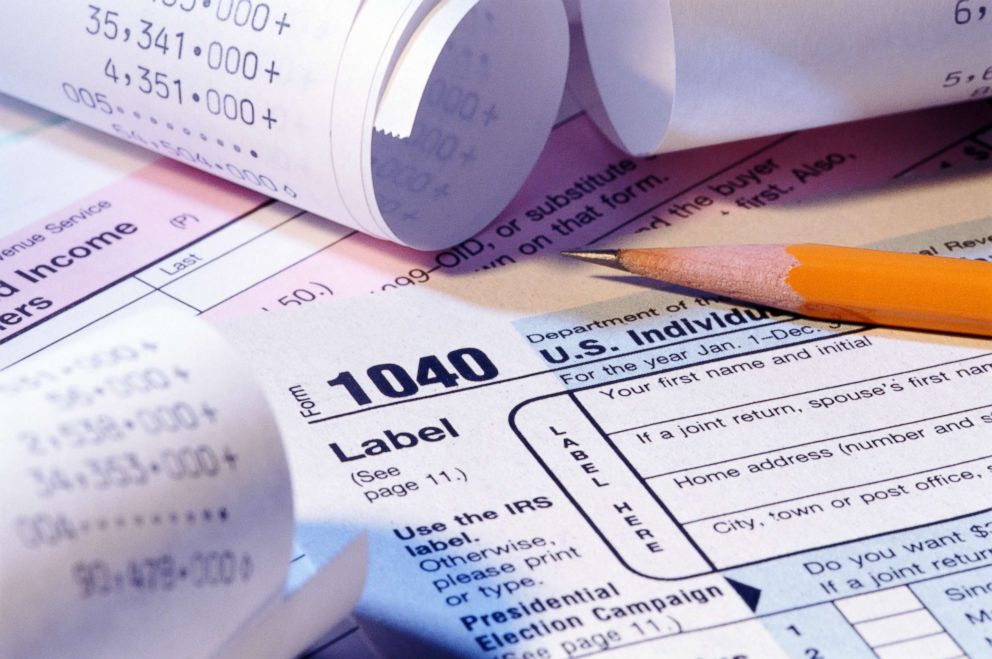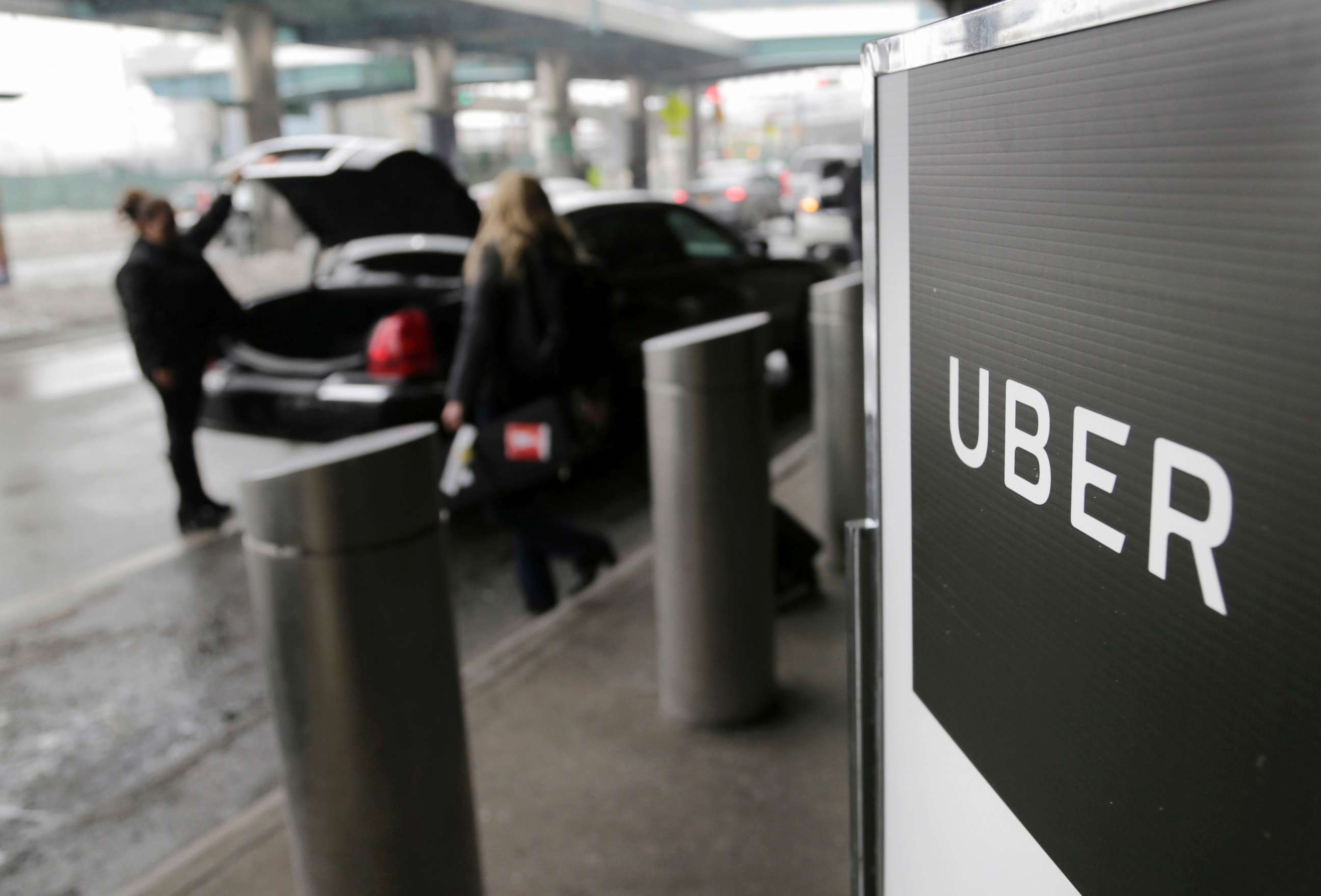If you didn't like your tax refund this year, here's what you should do in 2019
Make a few simple changes and you'll see more money coming your way in 2020.
If you've already filed your income taxes and weren't too excited about your refund, there is hope for next year.
The tax code changed during 2018, so a lot of people were surprised this year that they didn't receive the same amount back from the IRS that they had become accustomed to.
But don't fret, there are a slew of little things you can do in 2019 to ensure a larger return next year!
Let's take a deeper look.
Tax deductions that also invest in your future!
Yeah, yeah, nobody wants to think about next year, but if you make a few, simple changes now, you will get a bigger return from the IRS in 2020. And if you had to pay taxes, maybe this will help you avoid that next year.
Let's start with the benefits of 401K plans. Some companies have a plan that you can contribute to and that isn't automatically set up for you.
These plans allow you to manipulate the amount of your income (pre-tax) that you contribute to your retirement plan.
If you want and can do so, up your contribution and lower your taxable income in the process. Also some companies will match up to a certain percent, so that's free money your company is offering for your future.
There are also investments called traditional IRAs, where the money you contribute, also for retirement, is tax deductible, as well.

You can't work (or play ;) if you don't have your health
Another option, depending on what type of health insurance you have, is a heath savings account.
In most cases, you can elect to deduct funds each paycheck, pre-tax, into your HSA and then use that account to pay for medical bills, prescription and more.
Since the money is pre-tax, it yet again lowers your taxable income and makes those doctor visits more affordable.
"As long as you use those distributions for eligible medical expense, you never pay tax on that money," Phillips said.
There is also a cap to how much you can contribute to your HSA each year, but the leftover funds at the end of the year rollover, which is really nice if you don't use them.
There are also options for other insurance plans called flexible spending accounts, but those do not rollover. They will also lower your taxable income.
Finally, you have dependent care flexible savings account, which is a great option for young parents out there.
"You can put money into your flexible savings account and use it for like daycare expenses," Phillips said.
When in doubt, talk to HR or your accountant
You may not have noticed this, but you probably got a little bump in your weekly or biweekly paycheck last year with the new tax code.
What you can do is talk to your company's HR department or your accountant and up your withholdings on your W-4 form.
Go ahead and take out maybe $25 to $50 a paycheck and that will result in upwards of $500 to $1,000 more in your refund at the beginning of next year.
You are still making the same amount of money, but if you rely on this big refund for a fun trip or a yearly gift to yourself, well go ahead and start saving this way.
Remember your side hustle.

So many young professionals are working on something fun on the side! If this includes you, you may be eligible for several tax deductions.
If you have an LLC or work for an app-based job on the side like Uber or Wag, you probably don't have taxes taken out automatically, so that is something to consider and save for. Make sure to set aside some of your profits in case you have to pay taxes for what you earned.
But you can also expense a lot more items for this freelance work than you can at your full-time job. For example, driving your car, getting gas, or other equipment you've purchased is all deductible. The main catch is what you buy or use has to be in the effort to make a profit.
Also, there is a nice tax credit for freelancers and small businesses, where you can deduct up to 20 percent of qualified domestic business income.
So, if you forgot to include these items this year, you'll know next time!




